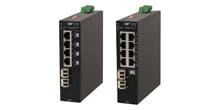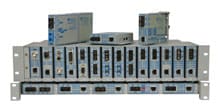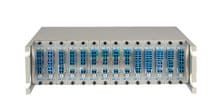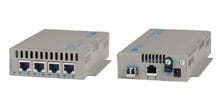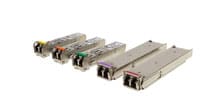Machine learning (ML) is transforming industrial processes, enabling predictive maintenance, optimized production, and improved quality control. But behind the scenes, the industrial network switch is a crucial yet often overlooked player.
Main Menu
Useful Links
Contact us
Follow us
© 2025 Omnitron Systems Technology, Inc. All Rights Reserved. | Privacy Policy


